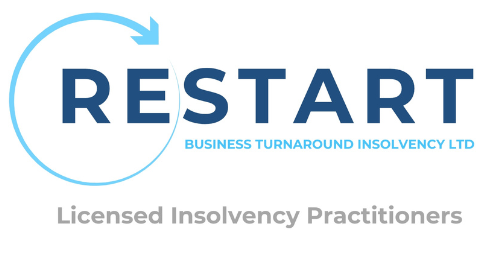Return of Preferential Status for HMRC?
It’s been revealed that the government is planning to introduce two policies that will further boost the powers of HMRC in insolvency and restructuring cases. The proposed measures, aimed for April 2020, face broad opposition from our colleagues in the insolvency industry because of the detrimental impact on business funding they will bring, and the likely damage business rescue opportunities.
Crown Preference
The Enterprise Act of 2002 brought the loss of the preferential status enjoyed by HMRC in insolvency cases. Before that, HMRC was paid in priority to trade creditors for VAT and PAYE or NI liabilities, ranking alongside employees as a ‘Preferential Creditor’.
The government now plans to re-introduce Crown Preference for VAT, PAYE and NI debts, meaning that HMRC will be first in the queue when it comes to distributing funds.
The threat to business funding arises from the fact that companies usually obtain finance that is supported by a charge over the company’s assets. If funders feel that HMRC’s preferential position may damage their chances of recovering their money, they are likely to be less willing to lend at the outset.
And, given HMRC is often the largest single creditor in an insolvency, the need to pay them as a priority will reduce any return to trade creditors and the Pension Protection Fund. This is likely to result in a reduced availability of credit.
Limited Liability Status
Government is also proposing to introduce personal liability for corporate tax for directors of insolvent companies when the directors seek to buy back the assets from the liquidator/administrator and continue to trade what is essentially the same business.
Whilst such practices receive a negative press, we believe this area is already heavily regulated and that the proposed changes fail to take account of the advantages in facilitating a sale to the existing directors which can be present in some cases. For instance, it is far from uncommon for the directors to be the only interested party, and the chance to safeguard the employment and income of workers within the business should not be neglected.
Equally, when outside interest is a factor, the prospective buyers are often unwilling to pay as much as the existing directors. By selling to the higher bidder, the assets in the insolvency achieve a higher value and the dividend prospects for creditors can be improved.
Finally, we feel that the probability of directors trying to rescue a business will be considerably limited if these proposed measures are introduced. The principle of limited liability is central to the UK’s corporate structure and the principle of creditor equality would be completely undermined by granting HMRC the statutory right to recover funds in preference to other creditors.

Established in 2018, the directors at Restart BTi have over 50 years of experience to assist companies, business owners and individuals with expert advice and tailored solutions when facing financial difficulties.